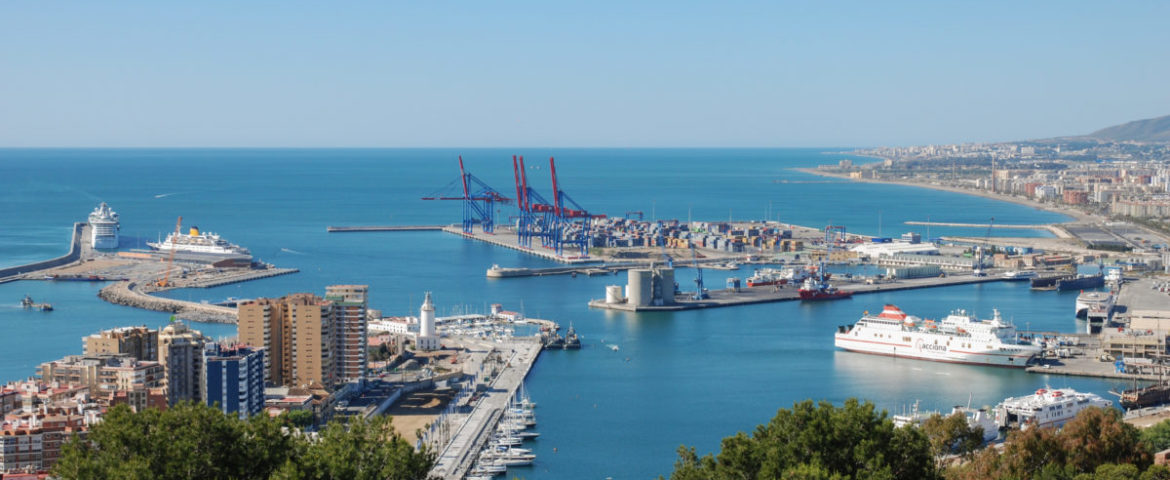With the cruise industry stalled and uncertainty of containers, Malaga needs to expand into other cargo areas
While we may associate the circular economy with more local value chains, a recent initiative from Malaga shows that this is not necessarily the case, writes Peter de Langen – in a viewpoint first published in his column as ‘The Analyst” at Port Strategy.
 “Malaga has developed a triple function in the used (cooking) oil supply chain activities: import port for used oil, mainly from Asia, export port of biodiesel produced with the used oil, and ‘distribution hub’ for used oil. The oil from Asia is stored in tanks in Malaga and then transported to other European destinations, especially Marseille-Fos.
“Malaga has developed a triple function in the used (cooking) oil supply chain activities: import port for used oil, mainly from Asia, export port of biodiesel produced with the used oil, and ‘distribution hub’ for used oil. The oil from Asia is stored in tanks in Malaga and then transported to other European destinations, especially Marseille-Fos.
While the volumes are limited, for a relatively small port like Malaga, the impact is substantial. For instance, the hinterland transport of the used oil, as well as the return cargo (biodiesel) to the biodiesel plant in Linares is completed by rail. Currently, the used oil and biodiesel is the only regular user of rail in the port of Malaga, and therefore pivotal in Malaga’s ambitions to improve its rail accessibility.
Paradoxically, global sourcing, through the use of used cooking oil enabled restarting the plant. The operation, developed initially with substantial subsidies to turn locally produced crops and residues into biodiesel, had been idle for almost a decade. Now, with imports of cooking oil from Asia and the export of biodiesel, the plant is profitable.
The first relevant insight is that global supply chains are often driven by incidents, historical decisions, and unforeseen events. Second, the case also suggests that for circular activities, ports may turn out to be attractive manufacturing locations. If this plant is profitable in Linares (about 250km from Malaga), imagine the competitiveness of a plant in Malaga’s port, or for that matter the nearby port of Motril.
Third, Malaga’s development shows that attracting circular cargo flows – and manufacturing – deserves to be high on the agenda of port development companies/ port authorities. In a difficult environment, with cruise stalled and containers uncertain, it is the new development Malaga has been looking for.”












